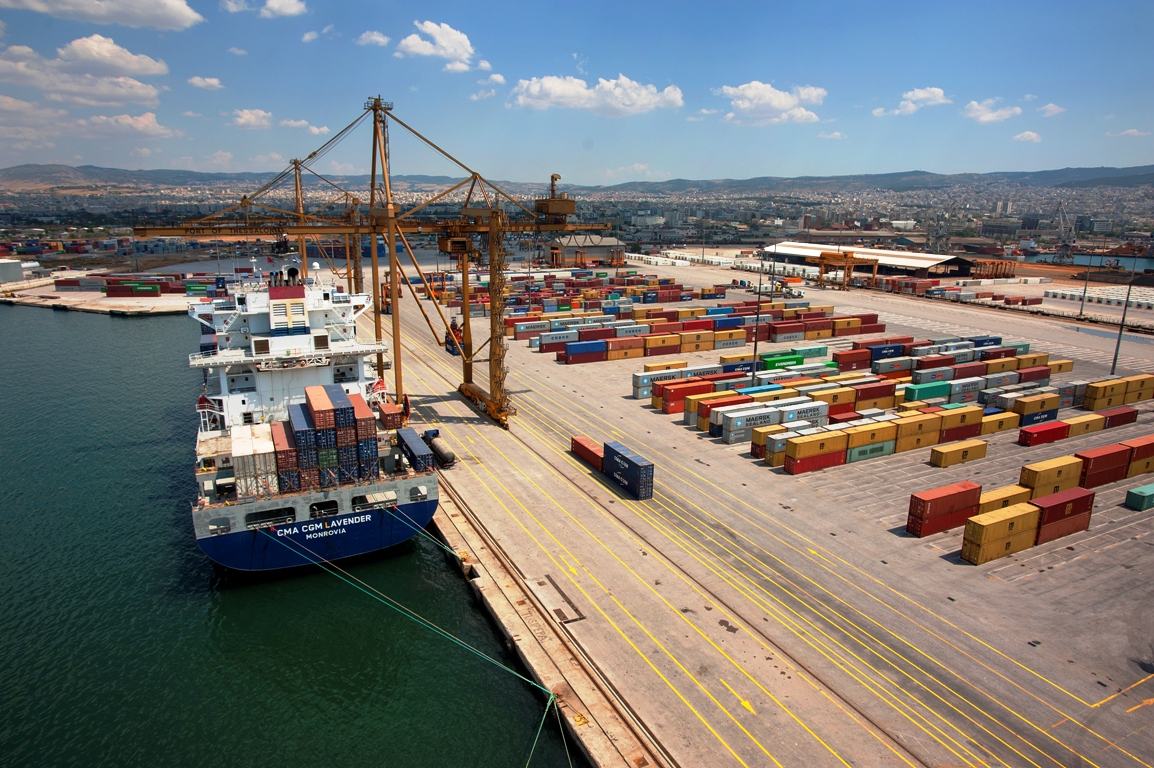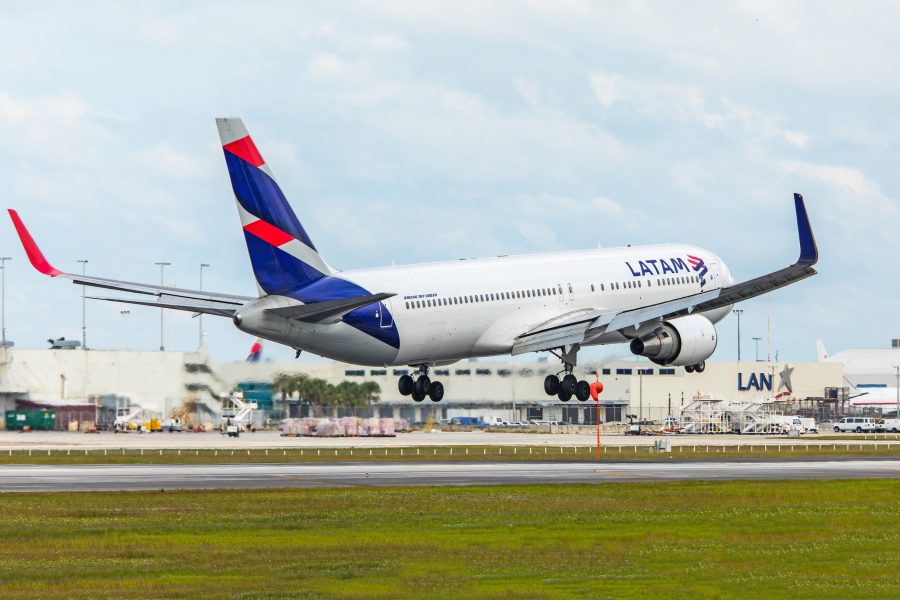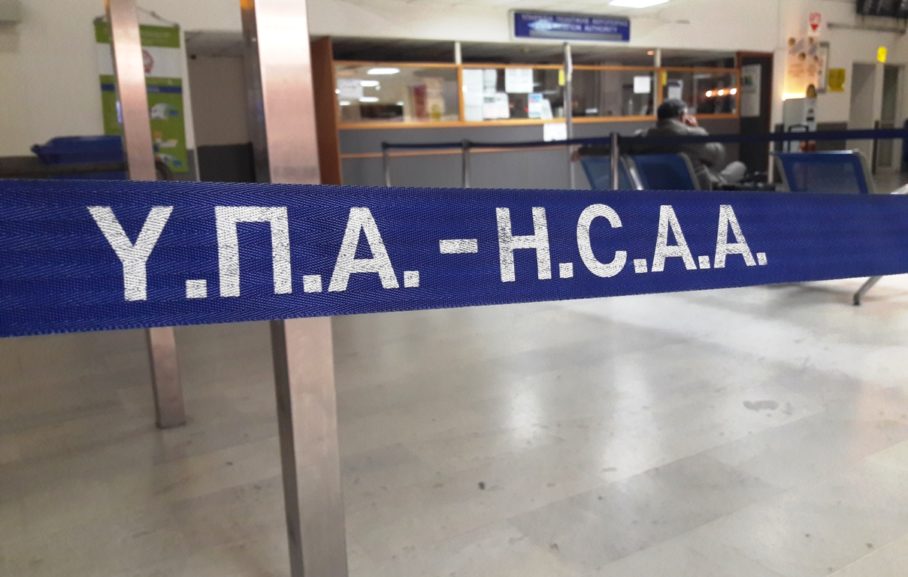LATAM Airlines Group and Brazil carrier Azul SA said on Thursday they will cut capacity on international flights by up to 30% as demand collapses due to the global coronavirus outbreak.
The regional carriers also suspended their previous earnings guidance for 2020 and declined to issue new forecasts for the year, citing lack of visibility.
Azul shares fell as much as 34% on the news in Sao Paulo, the leading loser in the Bovespa index which fell enough to trigger a circuit breaker. LATAM shares fell 13% in Santiago.
LATAM, the region’s largest carrier, said it would cut flights between April 1 and May 30, with the reductions focused solely on international routes.
The outbreak comes at a particularly risky moment for Azul, which was planning for an aggressive business expansion. This year, it announced an agreement to buy smaller airline Twoflex to expand domestic flights. Last year it launched new international flights to New York City and began receiving new planes from Embraer SA.
Now, in light of the outbreak, it said it will reduce growth in domestic flights, cut capacity in international flights by up to 30%, and halt “incremental deliveries” of Embraer E2 jets.
Azul and LATAM also said they have implemented hiring freezes and will offer unpaid leave to some workers.
Regional competitor, Gol Linhas Aereas Inteligentes, has yet to disclose the expected impact to operations from the coronavirus. It did not respond to a request for comment.
Gol shares fell 18% in early trading.
Carriers in Europe and North America have slashed profit forecasts.
LATAM said it was reducing costs, but did not provide the same level of detail as Azul.
The carrier has already canceled flights between Sao Paulo and Milan but it has yet to specify where it will now cut flights.
Azul also disclosed it had a net loss of 2.3 billion reais ($477.69 million) in the fourth quarter of 2019, affected by a weak Brazilian currency.
The airline also said it had reported an impairment of 3.2 billion reais related to its sale of older Embraer aircraft in order to replace them with the new, more fuel efficient, E2 jets.
(Reuters)










































